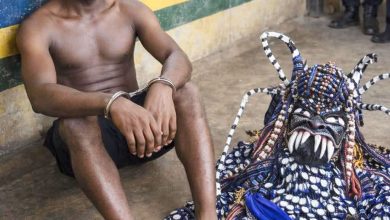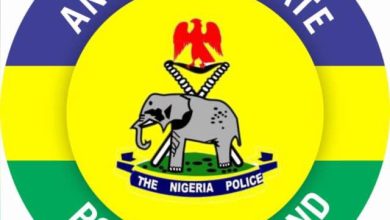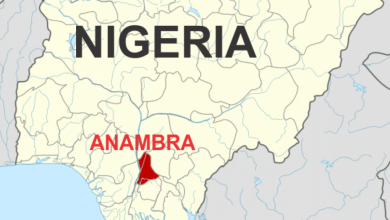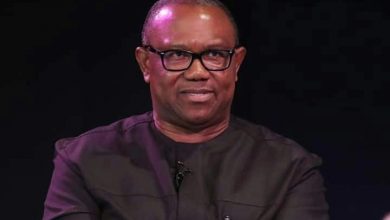Soludo Replies American President : Those Hiding in Bushes, Killing Innocent People in Southeast Are Christians
News
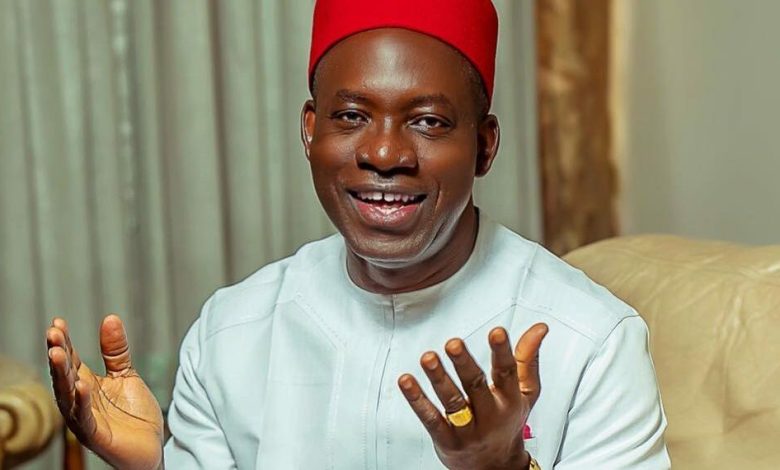
By Our Correspondent
Anambra State Governor, Prof. Chukwuma Soludo, has faulted recent comments by United States President Donald Trump threatening to invade Nigeria over alleged genocides against Christians.
Speaking on Channels Television’s Sunday Politics , Soludo questioned the basis of Trump’s threat and called for a more “deeper and factual conversation” about the situation in Nigeria.
“What are you coming to Nigeria to do? To beat the policeman, the government, or take over policing?” Soludo queried.
President Trump had declared Nigeria a Country of Particular Concern (CPC) following reports of widespread killings and persecution of Christians by Islamist terrorists.
He also threatened to halt U.S. aid to Nigeria and consider military intervention if the Nigerian government continued to allegedly tolerate the attacks.
Reacting, Soludo said while America is entitled to its opinions under international law, Nigeria must present its own facts and defend its sovereignty.
He said, “The role of the Nigerian government in protecting lives and property needs to be clearly understood. America has the right to express its views about happenings elsewhere, but its actions must remain within the confines of international law.
“There is, however, a deeper conversation to be had. In this part of the world, especially Eastern Nigeria, the violence is not religious. It’s Christians killing Christians.
“The people in the bushes — Emmanuel, Peter, John — all bear Christian names. They have killed and maimed thousands of our youths. It has nothing to do with religion.”
Soludo argued that if Nigeria were to seek military or technological assistance from the U.S., it should be on its own terms.
Citing America’s internal problems, he said, “You have policemen killing Black people in the U.S. Remember the Black Lives Matter protests? Should Africa invade America because of that? I don’t think so. These are the deeper conversations we must have.”
The governor maintained that the Nigerian government is doing a lot to safeguard citizens and would respond robustly to any misrepresentations.
“In this part of the country, we are about 95 per cent Christians. Those committing the crimes also bear Christian names. So, the problem goes beyond the simplistic categorisation of Christians and Muslims. Nigeria will overcome, and ultimately, it must all end in dialogue,” he said.
The United States Commission on International Religious Freedom (USCIRF) has consistently pushed for Nigeria’s designation as a Country of Particular Concern.
In its July 2025 report, it alleged that Nigeria suppressed religious freedom, tolerated violence by non-state actors, and was slow to respond to terrorist attacks against Christian and Muslim communities.
Nigeria was designated a CPC by the U.S. State Department in December 2020, but the decision was reversed in 2021. USCIRF has also criticised Nigeria’s blasphemy laws in 12 states, describing them as tools of persecution used to imprison individuals for perceived religious insults.

